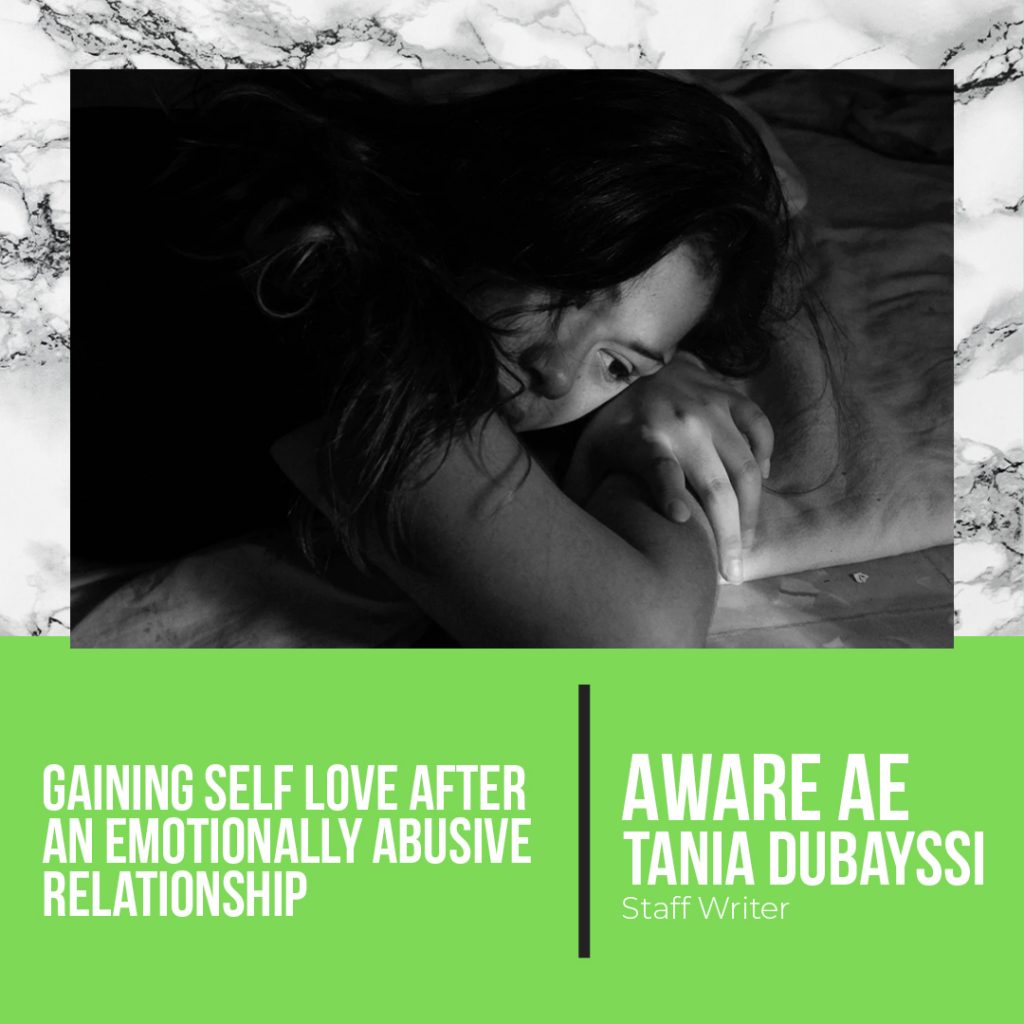Trigger warning: this article discusses emotional abuse.
Emotional abuse can be one of the hardest forms of abuse to be able to recognize at early stages. It can be so subtle, manipulative, and may take away the victim’s self-power. In the end, the victim feels trapped and unable to have a say in the relationship. The silencing, discrediting, and isolating can be the underlay goal that the victim is suffering from during their relationship.
Emotional abuse can come from a place of deep insecurity. However, this insecurity is used to control the other person by playing a “victim” role and using their emotions to criticize, shame, blame, and manipulate the other person in the relationship. This role of victimizing themselves to get what they desire is a very toxic trait and is most likely formed from a young age due to self-esteem issues or other childhood traumas.
Describing the impact of the aftermath of an emotionally abusive relationship would be described in one word: “invisible”. Although emotional abuse is not physical and does not leave any physical marks, it causes deep scars and leaves a heavy weight of emotional baggage on your back, creating a burden that no one else can see.
How would you know if you are in a toxic relationship?
When you are examining and looking into your relationship, you tend to layout the positive aspects of your relationship first. This, however, shows how emotional abuse is subtle and unrecognizable, because, in your mind, you think that things are normal somehow. Toxicity in a relationship can be difficult to detect, and, if you are facing any trouble figuring out whether your relationship is toxic, stop and think about the interactions with your partner and how they make you feel; start examining their actions deeply.
Oftentimes, there are no warning signs when entering a relationship with someone; these red flags appear on their own, whether you are able to recognize them or not. If you have not recognized your partner’s red flags, you may find yourself falling into a trap of repeatedly telling yourself that “it is not as bad as it seems,” “there is more good than bad,” or – the worst one – “I feel bad for them.”
If you are feeling frustrated, confused, misunderstood, anxious, sad, or worthless any time you are interacting with your partner, chances are that you have found yourself in an emotionally abusive relationship.
Signs to Look Out For
- Unrealistic expectations: they have unreasonable demands, are never satisfied with anything you do, and criticize you constantly.
- Invalidation: this includes undermining your perceptions of reality, not accepting your feelings, and refusing to take your opinion into account.
- Creation of chaos: this includes starting random arguments, drastic mood changes and sudden outbursts, and unpredictable behavior.
- Emotional blackmail: this includes manipulation, humiliation, using your vulnerability against you, and lying.
- Superiority: this includes treating you as an inferior, acting like they know everything, doubting you, and gas-lighting.
- Control and isolation: these include controlling your actions, monitoring your daily life, taking and hiding your things, and using their jealousy against you.
It is important to keep in mind that these types of abuse may not always be apparent in your relationship but could just be a surface of some types of emotional abuse. A relationship may appear to be normal and loving at the beginning, but abusers may apply their toxic traits as the relationship progresses to manipulate you. These slight changes in behavior could indicate an unhealthy relationship.
Breaking off a relationship with a toxic partner
Building up the courage to come forward and end the relationship you have with the other person you are in a relationship with can be difficult for some. Some individuals tend to be in denial with their partner’s actions or so deluded in their thoughts that they do not realize how much harm their partner is causing.
Ending relationships when you believe that your partner can change is a tough situation to be in, and only you (the victim) can decide whether things will workout or not. Feeling stuck in a relationship because you “feel bad” will not change the person until actions are being shown. Always remember that if your partner does not make you feel like the best version of yourself, then you deserve someone who appreciates you the way that you are and loves you unconditionally.
Building self-love after the relationship
Make yourself a priority – Always put your mental health first and give yourself time to breathe and reflect.
Have respectable boundaries – Allow yourself to understand who you want in your life and create a safe line between yourself and others.
Stop blaming yourself – Realize that you cannot fix/change them unless they do.
Avoid engaging with them – Avoiding them everywhere including on social media will help you ease out of the breakup and help you move on without being reminded of them.
Build a support system – Spend time with those who cherish, respect, and love you unconditionally.
Take as much time as you need – Healing from a toxic relationship could take a long time for some but take your time to process all the negativity that was caused inside you.
Going to group support – Attend support group sessions and listen to other people’s experiences.
Affirmations – Constantly keep telling yourself positive affirmations that keep you calm and collected.
Meditation – Meditating can help you sleep better, eat better, and just become a more collected person.
Writing your thoughts down – Write all the negative triggers your partner made you feel and rip the page. This allows you to release all the negative energy that surrounded you.
